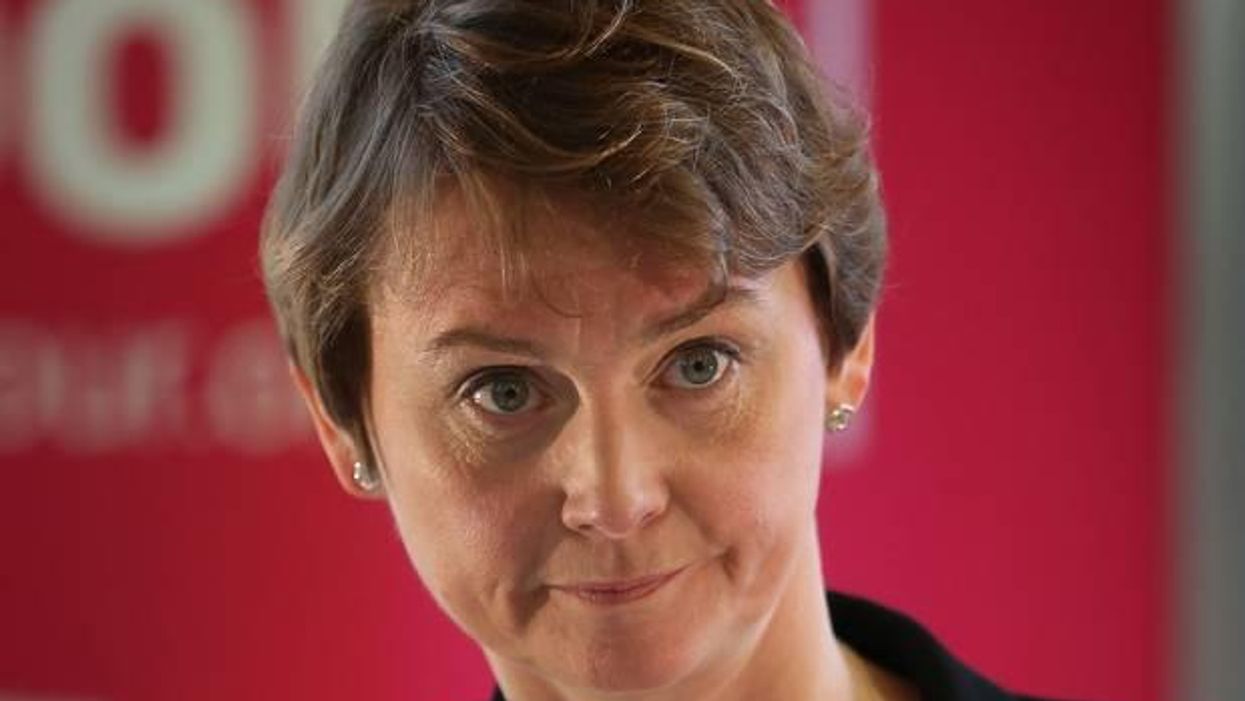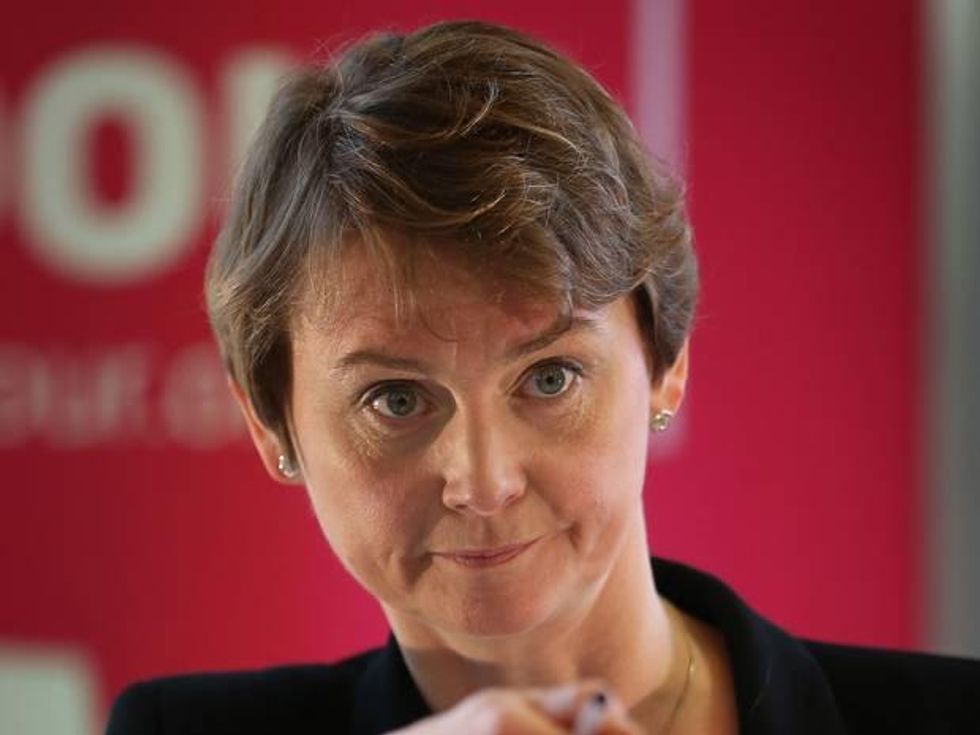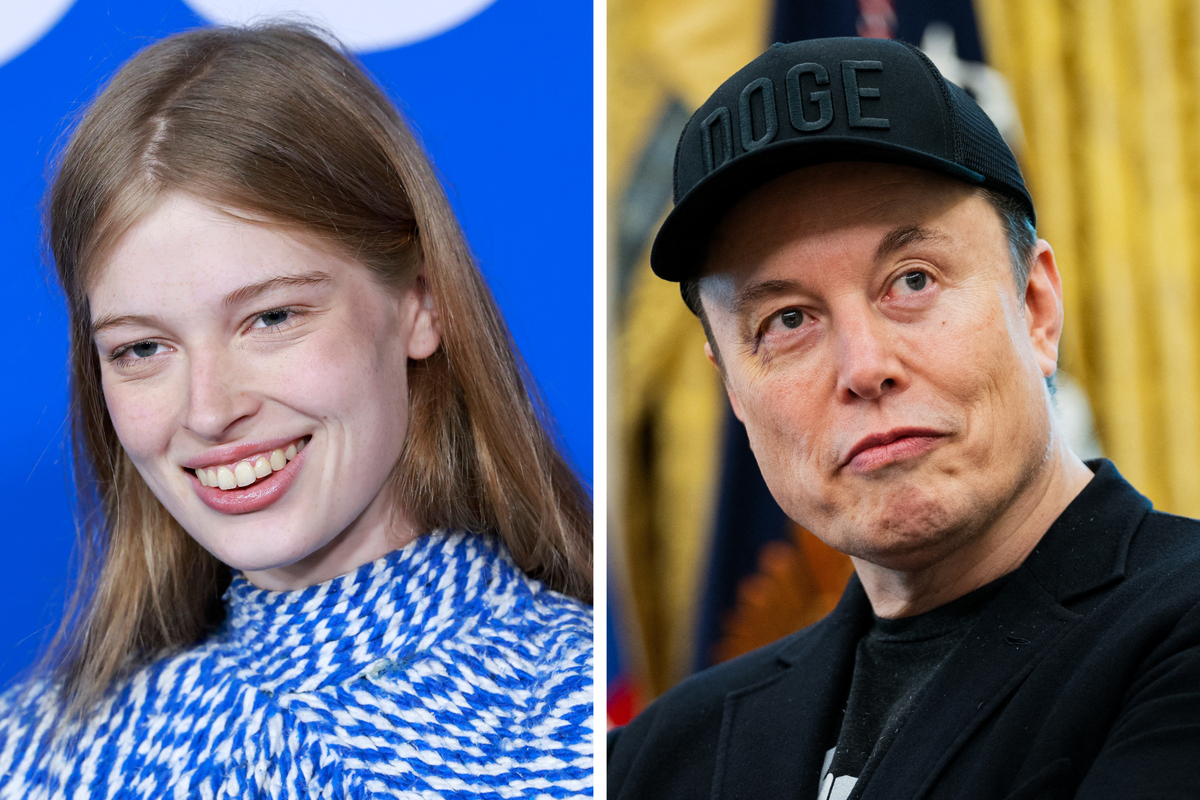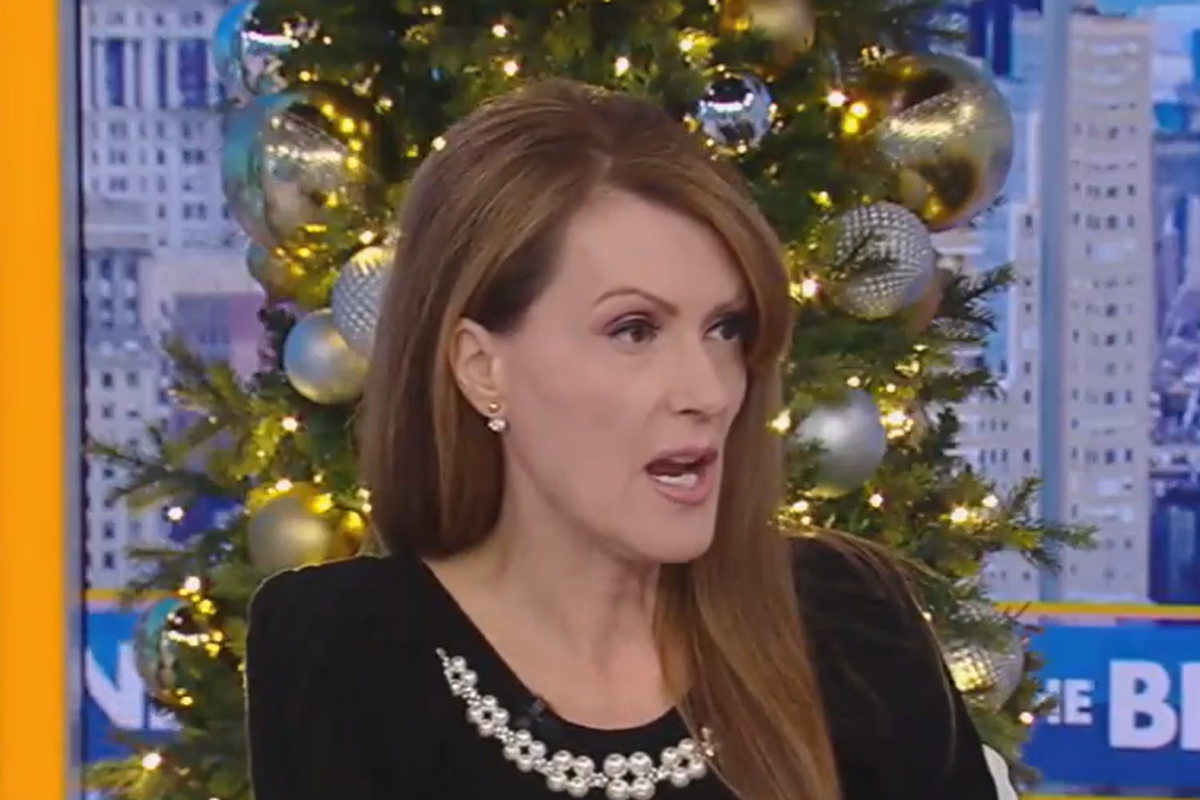News
Oliver Wright (edited
Aug 17, 2015

It is easy to be cynical about politicians. But when you’re sharing the back seat of a three-door Fiat Punto with a politician who is choked up and tearful, it makes you reassess. And when that politician is Yvette Cooper – the Labour leadership candidate and shadow Home Secretary – it is all the more surprising.
We’d met earlier in the day at one of her campaign events and I was interviewing her en route to her next destination: a Labour club in Deeside, North Wales. As we pulled up in a car park by the venue, Cooper begins telling me about a woman she met on the campaign trail in Pontefract.
It’s a typical story politicians like to tell when they want to illustrate a wider point. “She came to the door in her pyjamas – it was about six o’clock on a Friday evening,” she says. “She said she was sorry but she was about to go to bed, as she goes to bed early so she doesn’t have to turn the heating on. She was paying the bedroom tax and couldn’t afford it.”
Cooper says she asked the woman if she had thought about moving to a smaller house where her rent would be less, but the lady told her she needed the space for her grandson who stayed two nights a week when his mother worked nights.
“I left thinking I don’t know what to do to help. When we had a Labour government, there was always something you could do."
At that point, I return to a theme we been talking about earlier, asking Cooper what a Jeremy Corbyn win in the Labour leadership contest would mean for that lady.
“I think it’s letting her down,” she begins, then pauses:
I think we already let her down. We let her down at this election. So it’s, you know … I don’t want to let people down.”
A few moments later – after wiping her eyes with a tissue handed over by an aide – she’s back to her old self.
You get the sense the Corbyn ascendency has really made Cooper think about what it is for her to be “Labour”. And to think about it in a way she has probably never before done as explicitly since she worked for John Smith in the 1990s, up to becoming a cabinet minister.
It has forced her to define herself ideologically, or as she put it earlier in the interview:
This is not just about the next few months. It’s about the next 10 years. I already feel the sense of frustration that we let people down in the last election, and the idea that we would let people down again – not just for this five years but for the next five years as well – it feels too much just to stand by and be polite about this and not speak out.
You suspect she knows the chances of stopping Corbyn now are remote. Thus the emotion. Not so much, I think, for her own sake – but because she sees it as the undoing of everything she has tried to achieve.
Top 100
The Conversation (0)














